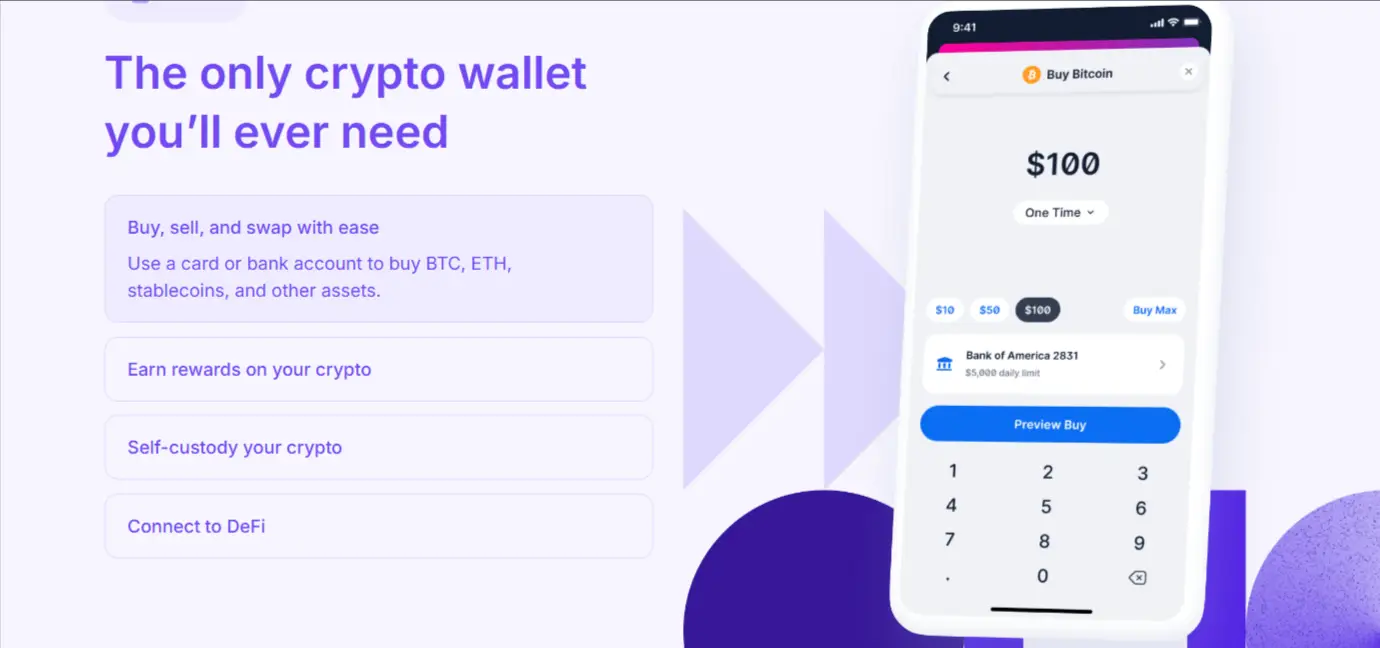Blockchain.com is betting big on Africa’s emerging crypto landscape, with plans to establish its first physical office in Nigeria during the second quarter of this year. The UK-based exchange sees the continent’s regulatory momentum as a green light for expansion.
The move signals growing confidence in African markets, particularly Nigeria, which the company describes as its “fastest-growing market” in West Africa. But this isn’t just about Nigeria – Blockchain.com is eyeing broader expansion across Ghana, Kenya, and South Africa as governments begin crafting clearer crypto rules.
“Nigeria has taken meaningful steps toward creating a clear framework for crypto,” says Owenize Odia, Blockchain.com’s general manager for Africa. That framework includes a recently enacted securities law covering digital assets – exactly the kind of regulatory clarity that makes corporate lawyers happy.
Trump Effect Reaches Africa
The timing isn’t coincidental. Global crypto sentiment has shifted dramatically, partly thanks to political tailwinds from the United States. President Trump’s pro-crypto stance has emboldened the industry worldwide, creating ripple effects that reach far beyond American borders.
This confidence is infectious. When major economies signal crypto-friendly policies, it often encourages smaller markets to follow suit rather than risk being left behind.
Nigeria and Ghana are leading the regulatory charge in West Africa. Ghana’s central bank recently released draft guidelines suggesting crypto platforms could be regulated by September 2025. Meanwhile, Kenya remains in the research phase – still figuring out how to approach this digital frontier.
What’s driving Blockchain.com’s African ambitions? Two key factors: the continent’s youthful population and persistent currency instability. Young demographics typically embrace new technologies faster, whilst unstable local currencies make cryptocurrencies an attractive alternative store of value.
But here’s the challenge – cryptocurrency trading remains restricted across many African countries. The regulatory patchwork means exchanges must navigate carefully, prioritising markets where legal frameworks are emerging rather than those still in limbo.
South Africa’s Digital Asset Hub Ambitions
South Africa is positioning itself as the continent’s crypto capital. The country’s established legal infrastructure and business-friendly environment make it an ideal launching pad for companies eyeing continental expansion.
Ben Caselin from Johannesburg-based exchange VALR puts it simply: regulatory clarity draws both local and international players. South Africa’s Financial Sector Conduct Authority has already approved 59 crypto platform licences by March 2024, with over 260 applications still under review.
That’s serious momentum for a relatively new industry.
Blockchain.com brings considerable scale to this expansion. The platform claims 37 million verified users, 92 million wallets, and over $1 trillion in transaction volume. Those numbers reflect significant global reach, though the company’s valuation journey has been turbulent.
Remember the crypto boom of 2022? Blockchain.com’s valuation spiked from $5.2 billion to $14 billion during that heady period. However, reality bit hard in 2023 when a $110 million funding round more than halved that valuation. Such is the volatile world of crypto valuations.
The African expansion represents a strategic pivot towards emerging markets where crypto adoption often outpaces regulatory frameworks. For Blockchain.com, it’s about getting established before the regulatory dust settles rather than waiting for perfect clarity.
FAQ
When will Blockchain.com open its Nigeria office? The company plans to establish a physical office in Nigeria during the second quarter of 2024, making it their first African office location.
Which African countries is Blockchain.com targeting for expansion? Beyond Nigeria, the exchange is focusing on Ghana, Kenya, and South Africa, prioritising markets where governments are developing crypto regulatory frameworks.
Why is Africa attractive to crypto exchanges like Blockchain.com? The continent offers a young, tech-savvy population combined with currency instability issues that make cryptocurrencies appealing as alternative stores of value and payment methods.

